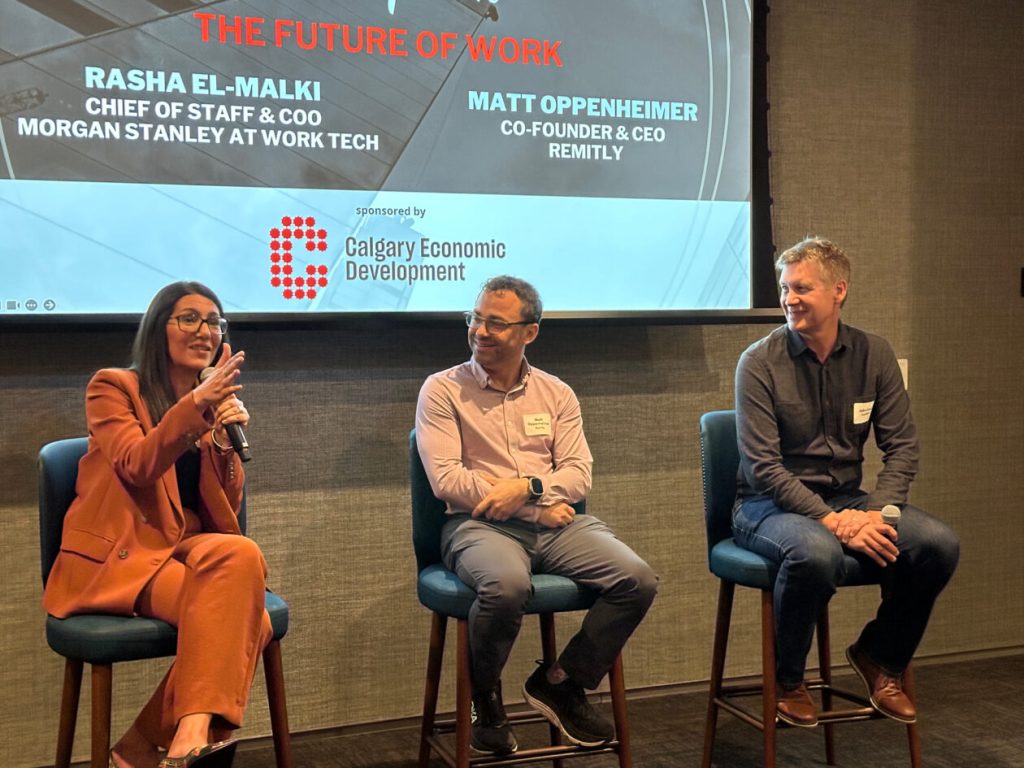The return-to-office policies in the tech industry have been a topic of discussion and controversy. Two tech leaders, Matt Oppenheimer and Rasha El-Malki, shared their approaches to hybrid work mandates at a private event in Seattle. Remitly, a Seattle based company, expects its 2,700 employees to be in the office 50% of the time, while Morgan Stanley in Calgary requires employees to be in the office three days a week. El-Malki emphasizes flexibility in the office policy, allowing employees to work remotely for two days as long as they are productive on the days they are in the office.
Both Oppenheimer and El-Malki justify their return-to-office policies with opportunities for collaboration, mentorship, career development, and cultivating a company’s culture. They also acknowledge the need for incentives for employees to come into the office rather than just forcing them to show up. Both companies offer free lunches on certain days, but the draw is not just the food; it is the opportunity to interact with colleagues in person. The companies have reorganized their workplaces into “neighborhoods” to facilitate interactions among team members.
El-Malki highlights the professional perks for employees who come into the office, such as networking opportunities and exposure to different roles within the company. She encourages employees to see their roles as a career and emphasizes the importance of being present, interacting, and building a reputation for themselves. Both leaders described their workplaces as having a culture that makes being in the office a desirable option, with a focus on personal availability for engagement with employees and access to mental health resources.
The leaders emphasized the importance of being present for their employees in times of chaos or uncertainty, noting that employees often look to company leadership for guidance during challenging times. They highlighted the value of leaders showing visible support for their employees by being present and available, particularly for those in junior positions. Both companies support employee volunteering in the community as part of their workplace culture.
Overall, Oppenheimer and El-Malki presented a picture of workplaces that prioritize the benefits of being in the office while also recognizing the need for flexibility and personal engagement with employees. They emphasized the importance of creating a work environment that fosters collaboration, mentorship, career development, and a sense of community among employees. Their policies reflect a thoughtful approach to balancing the benefits of in-person interactions with the flexibility needed for a modern workforce.












